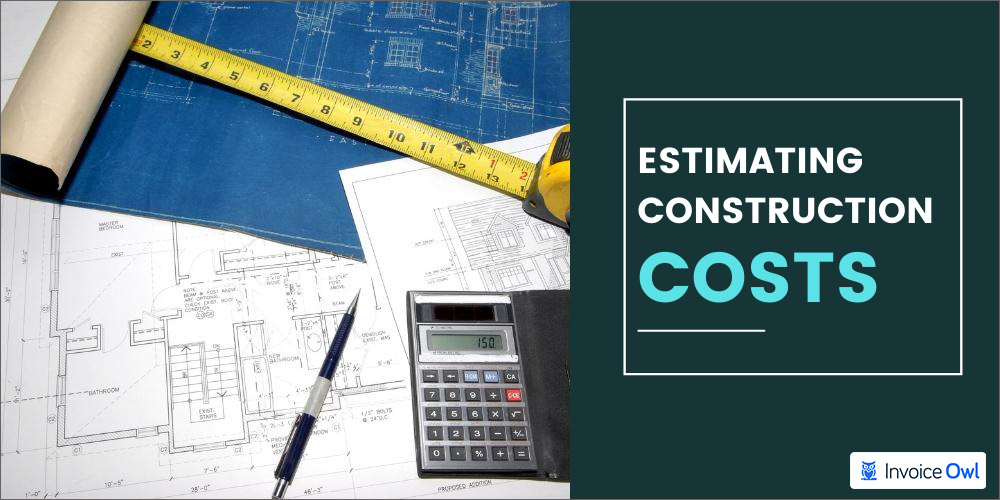In the changing environment of the construction industry Estimators are now a major player in the shaping of how buildings are constructed, budgeted, and constructed. Their expertise extends beyond number crunching--they are strategic contributors that influence key decisions from the beginning to the end. As projects become more complex the significance of cost of builders becomes more important to successful outcomes.

Estimators are responsible for analyzing the specifications of projects and design plans, as well as the material requirements and labor requirements in order to produce accurate and realistic cost projections. They form the financial basis that construction plans are based. Based on their findings they can help stakeholders assess the project's potential, secure funding and make informed choices early in the process of development.
One of the primary ways that estimators can influence the future of construction by encouraging financial transparency and accountability. Achieving accurate estimates means that budgets are grounded in real-time data, thus reducing the possibility of excessive spending or resource mismanagement. A high level of accuracy also lets project managers compare alternatives, prioritize features and reduce costs without sacrificing quality.
As the business sector embraces technological advances Estimators are also becoming more tech-savvy. The use of Building Information Modeling (BIM) and digital takeoff tools, and cost estimation software has changed how they work. These tools enable instantaneous adjustments, collaborative planning, and more precise in forecasting the project's expenses. Through integrating technology into their workflows, estimators increase efficiency in projects and assist teams adjust quickly to changes in the environment.
In addition, estimators play an crucial part in sustainability. Through analyzing the long-term cost of materials, energy usage and maintenance, they help guide decision-making in design that leads to sustainable and environmentally-friendly structures. Their ability to evaluate both initial investment and lifecycle value contributes to the increasing need for sustainable building practices.
Collaboration is yet another area in which estimators are making an lasting impact. They frequently collaborate with architects, engineers contractors, as well as Project managers in order to guarantee that there is a clear alignment between the vision for the design and financial objectives. This coordinated approach reduces delays as well as reduces the number of design changes and helps keep the project on the right track.
In conclusion, estimators are not just behind-the-scenes contributors--they are strategic professionals in the forefront of future construction. Their role in balancing the needs of cost, creativity and constructability is vital in ensuring that projects meet expectations and endure for the long haul. As construction continues to change the knowledge and expertise of professional estimators will remain essential to build more efficient, smarter, and more sustainable structures.
